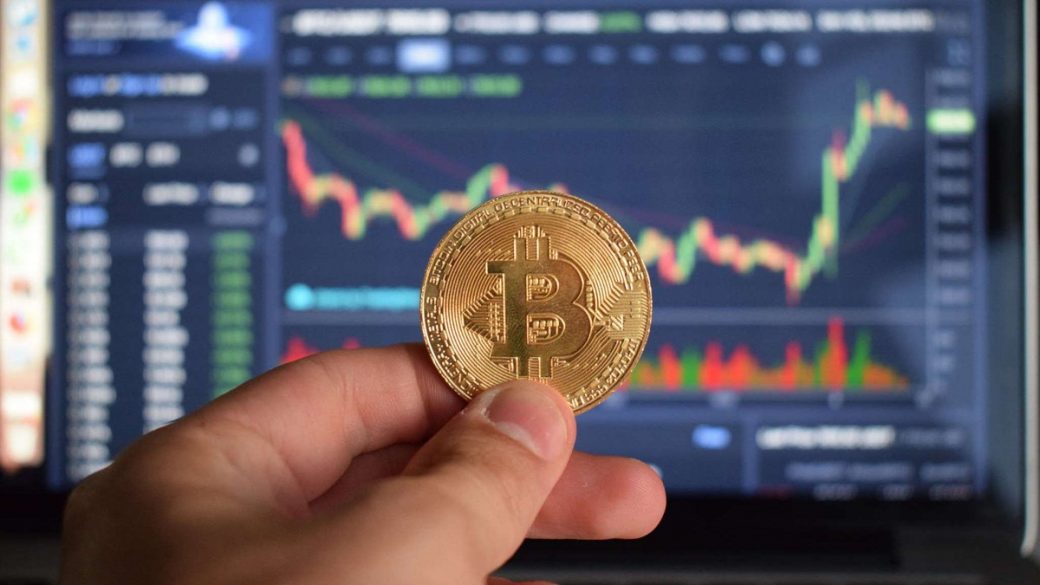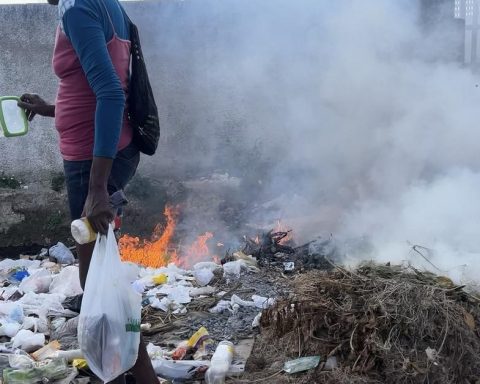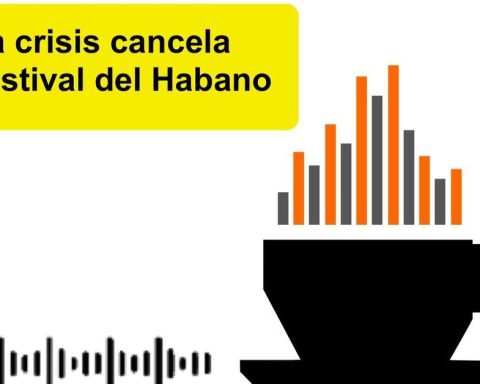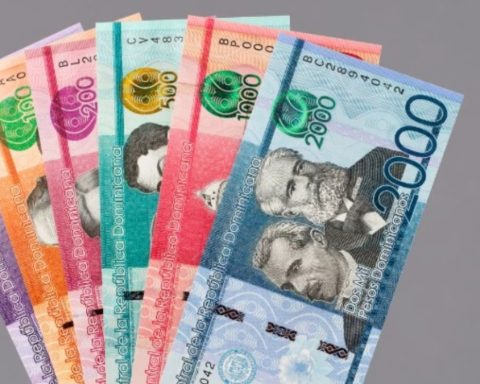Part of the wealth of the Russian government and citizens is going to transactions and investments in bitcoin and other digital currencies.
The bitcoin price has rebounded in recent days and went from just over $36,800 on February 20, 2022 to $43,822 as of March 2, 2022. Most of this rally occurred as the United States stepped up sanctions on Russia.
Washington targeted the central bank of Russiaeffectively barring Americans from doing business with the bank and freezing its assets within the US.
That adds to the sanctions that have targeted the oligarchs and the sovereign debt of Russiaas well as the measures aimed at isolating the country from the global financial system.
In this context, an intense debate has broken out as to whether the bitcoinwhich is not owned or issued by a central bank or authority, could be used by Russia to evade sanctions.
International investor Mark Mobius said that could be one of the reasons behind the rise in price that cryptocurrency and others
“I’d say that’s why the bitcoin it has shown strength now, because the Russians have a way of taking out money, taking out their wealth,” said Mobius, founding partner of Mobius Capital Partners.
But the capacity of cryptocurrencies is limited, and will not be enough to cover all the needs of the Russian Government and citizens.
Decisive moment
In the context of war between russia and ukraineand uncertainty on a global scale, the bitcoin and other cryptocurrencies they could be at their defining moment or turning point.
Even the Ukrainian military is receiving donations through digital currencies; and more and more citizens of the countries in conflict are creating funds with cryptocurrencies to protect your wealth in the medium and long term.
The purchase of cryptocurrencies in rubles are at historical highs, driven by the idea that the current crisis is demonstrating the usefulness of a decentralized currency and not controlled by a government.
to press to Russiaits banking and financial institutions have been excluded from the Swift international interbank system and both the European Union and the United States announced the blocking of the assets of the Russian central bank.
Swift is an international code used by more than 11,000 financial organizations in the world and that allows them to interconnect; in 2021, 42 million transactions were moved. Each bank has an international banking code.
With the sanctions, there is no possibility to send or receive money for companies, banks, factories, organizations, Government. This affects Russia. Its exports, which reach $407,000 million, go to the Netherlands 10%, Germany 5%, Italy 4%, among others.
As a consequence, the ruble plummeted (-27% since the beginning of 2022) and is exchanged at more than 100 rubles per dollar, an unprecedented level. The cryptocurrencies As the bitcoinInstead, they work through a decentralized network: no central entity can be sanctioned and prevent user access.
As a result, the Russians resorted to bitcoinwith a record volume of purchases in rubles.
Other cryptocurrency gaining momentum in Russia is Tether, which is a “stablecoin”; that is, it is issued by a private company that guarantees the possession of assets equivalent to its issue to ensure that a Tether is worth a dollar.
Are cryptocurrencies a complete solution?
Governments can ask platforms to restrict access to certain users, as they have done recently Ukraine regarding the Russian accounts, and how the US authorities are considering imposing it.
Although Russia can use digital currencies to safeguard part of its assets and resources, the industry of the cryptocurrencies could counteract those actions with analysis of the blockchains and records that validate all the transactions of cryptocurrencies; also allowing western governments to identify possible violations.
Countries like North Korea and Iran have used cryptocurrencies to resist economic sanctions: the first through computer attacks that have earned him billions of dollars; the second using its low-cost energy to “mine” – or manufacture bitcoin.
But a direct use of cryptocurrenciesfor example to sell wheat, oil or gas, of which Russia is a large exporter, it is unlikely: although the market for cryptocurrencies has skyrocketed, volumes remain insufficient. (JS)
IT MAY INTEREST YOU:
The Foreign Ministry cannot process tourist visas for Ecuadorians
Crude rises above $109, but has yet to hit its all-time high
Mina Fruta del Norte doubled wages in its area of influence


















